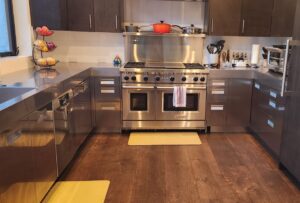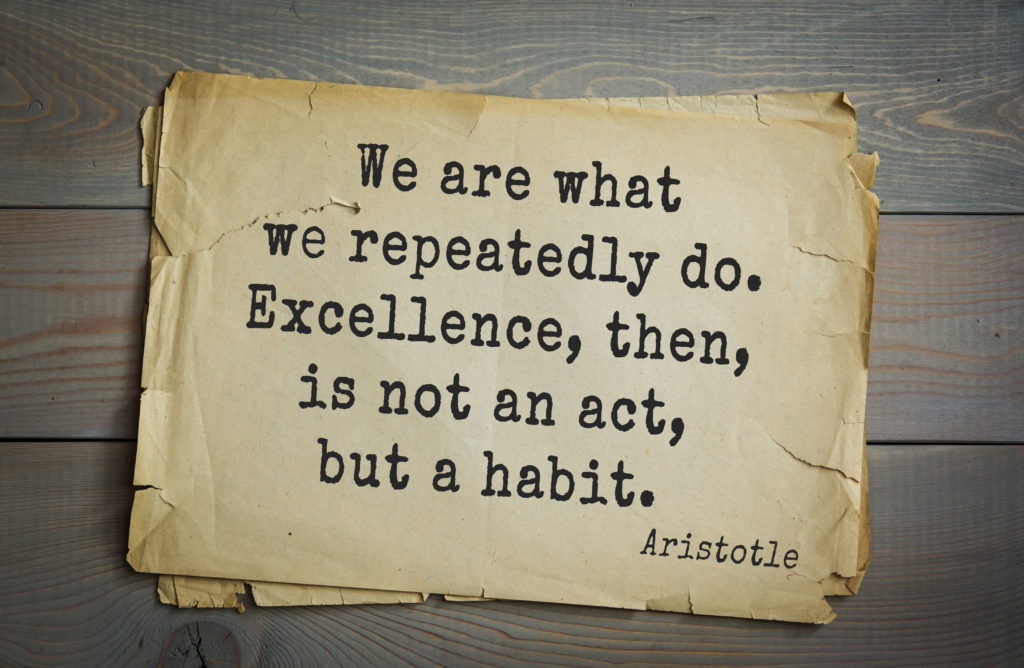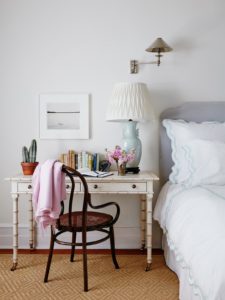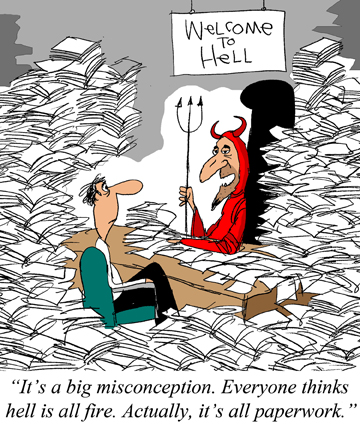Did you know January is Get Organized & Be Productive (GO) Month? There’s no better time to consult an organizing or productivity professional.
Clutter and disorganization can drain your energy and contribute to unwarranted stress, frustration, and anxiety. Ready to start the new year off right by getting organized and increasing productivity?
Here are six of my favorite tips for getting organized and feel more productive at home or at work.
Decide what needs organizing the most and how it will benefit you.
Getting organized is not a one time event. It’s an ongoing habit. Just like you don’t brush your teeth once, or drive your car once, you have to have reason to do it or understand the consequence if you don’t. If you have diabetes and you keep eating sugary and processed foods and don’t exercise that’s entirely your choice but you – and perhaps your family – will probably experience the consequences sooner rather than later.
Write down three positive reasons for getting your home, office or a specific area organized
Here a few examples:
-
- I will enjoy coming home at the end of a busy day and feel less stressed.
- I’m able to file my taxes on time and get a refund sooner.
- Getting dressed will be easy so I can start my day more calmly.
- Cooking for myself or my family will feel fun again and I will be able to make healthier choices.
Start with a small area that impacts your everyday life
Know that how you organize one thing is how you organize everything. My method for organizing physical clutter is the same whether I’m organizing a single drawer or an entire home. If you are not sure where to start, the best place is always with things on the floor, especially if they are blocking your access to other important areas such as your bed, your kitchen sink or a doorway exit.
Identify what you love, use or would miss the most.
Decision-making is the most powerful tool you have. Sometimes I imagine leaving my home and what I would absolutely want to take with me if I only had to fit everything in my car. Have you ever known anyone who lost their home in a flood or fire? Talk to them about what they miss the most. What would help you function most easily on a day to day basis if you had to? In addition to an emergency kit write a list of items you would have to grab if you had only a few minutes and keep that list on your phone or someplace you could easily see it so you won’t have to remember.
Understand why you keep things
Hint: Not everyone is the same. Some people keep things for sentimental reasons, that is the item is strongly associated with a person or memory. Others keep things for their usefulness or potential. This is especially true for creative people or people who have lived through periods of austerity or not-having enough. There are also people who keep things for their perceived value. This is because they once spent a lot of money on an item and in their minds giving it away means throwing that money away even if it no longer has real market value.
Get help when you are overwhelmed or have no idea where to start.
If you can’t physically declutter or get organized because of a physical or brain-based challenge or you simply don’t have the time or wherewithal, consider hiring a professional organizer or professional move manager who is trained to partner with you to help you get organized at home, at work or help you to move.
As a member of the National Association of Productivity & Organizing Professionals (NAPO), and the National Association of Senior and Speciality Move Managers (NASMM), I work to improve my clients’ lives by helping them create environments that support productivity, general health, and well-being. Working with us is no different than choosing an accountant, personal trainer, doctor, or other service provider!










